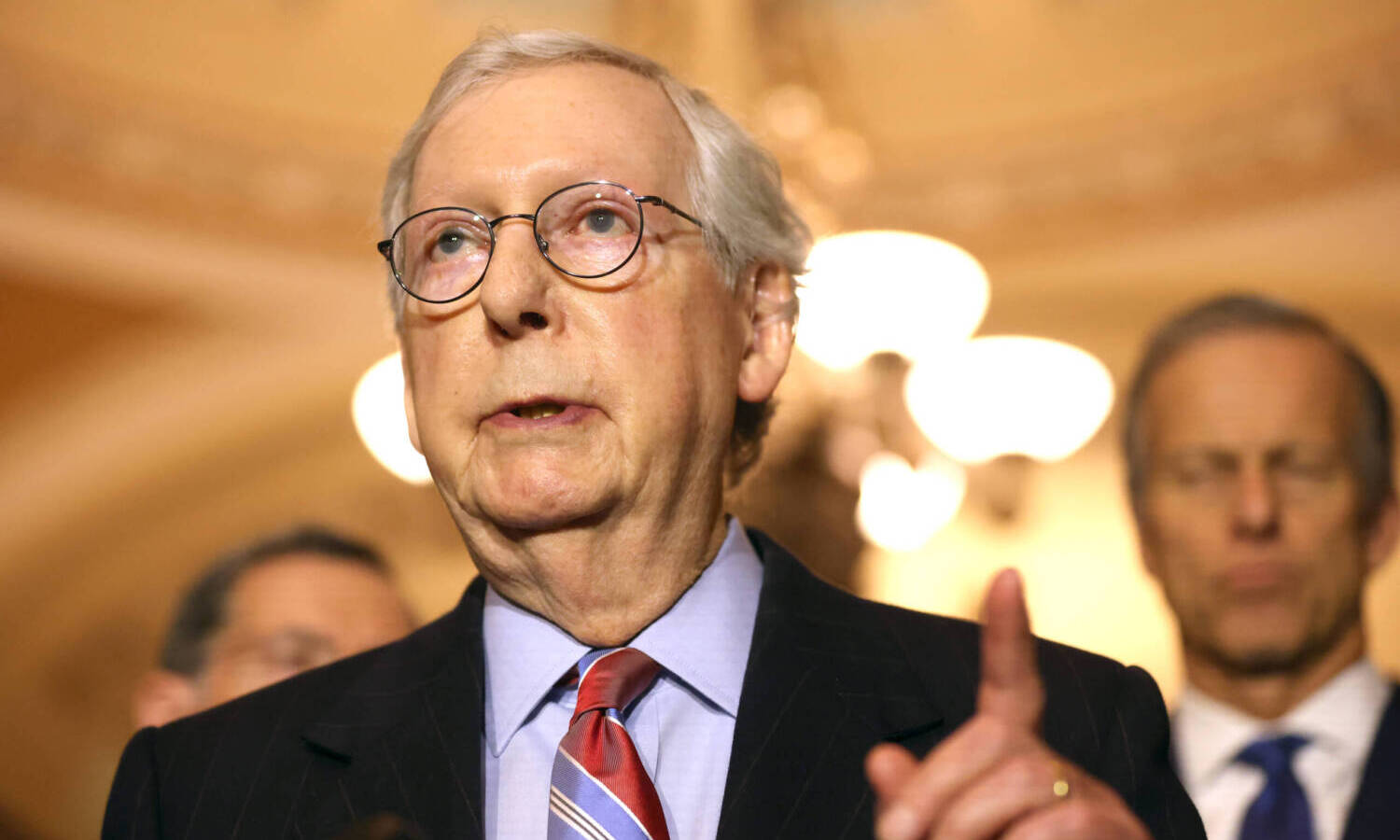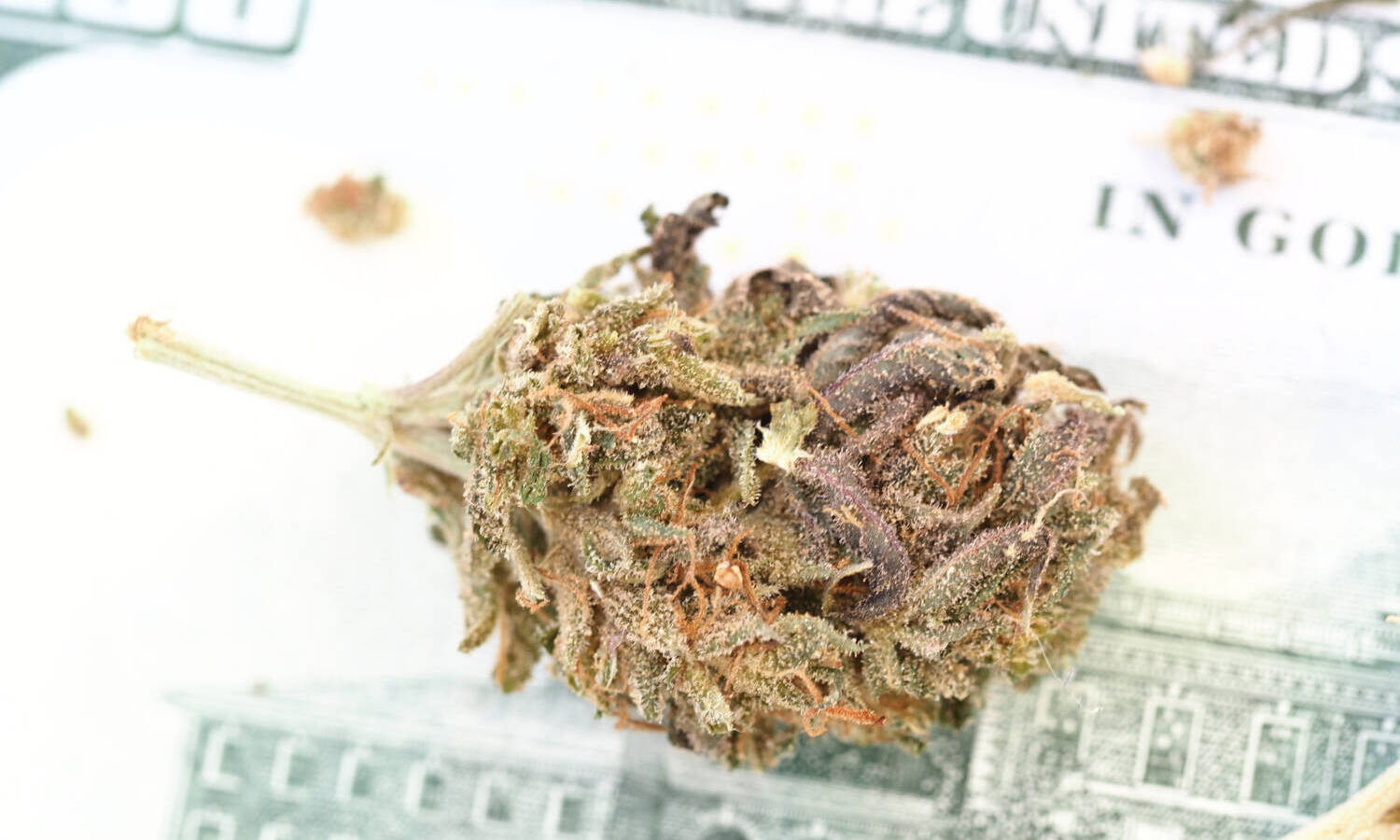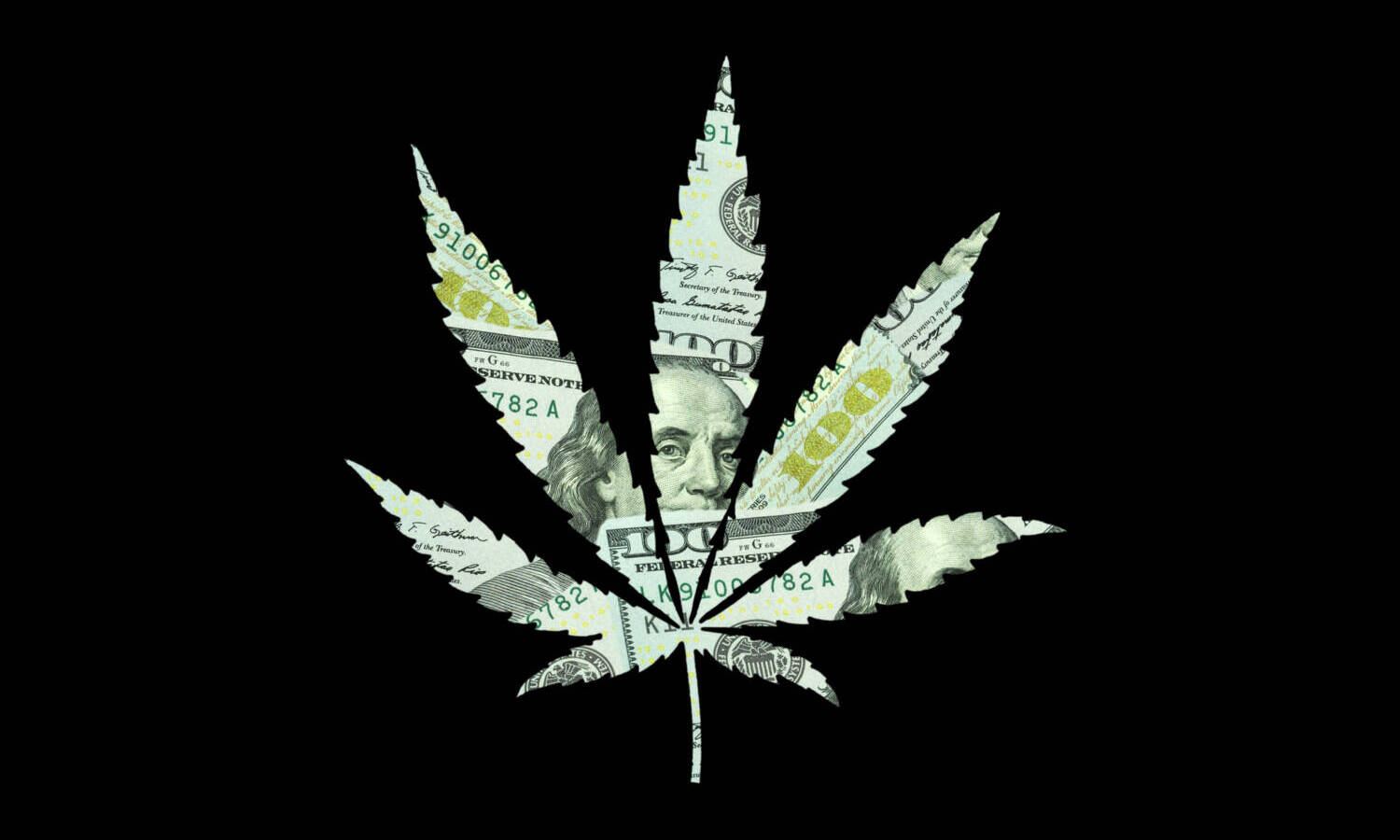The industry had been told over several weeks that the legislation looked as if it would pass and that there was support for it.
This article originally appeared on Green Market Report and has been reposted with permission.
The cannabis banking bill, the SAFE Act, did not make it into the defense bill despite efforts by Sen. Chuck Schumer. Now attention is turning to possible inclusion in the appropriations bill, but even that might not happen.
More disappointing for the cannabis industry: comments by minority leader Sen. Mitch Mcconnell tagging the banking legislation as a “pet priority.”
“House and Senate Democrats are still obstructing efforts to close out the NDAA by trying to jam in unrelated items with no relationship whatsoever to defense,” McConnell said on the floor on Tuesday. “We’re talking about a grab bag of miscellaneous pet priorities – making our financial system more sympathetic to illegal drugs or the phony, partisan permitting reform and name-only language that’s already failed to pass the Senate earlier this year.”

The industry had been told over several weeks that the legislation looked as if it would pass and that there was support for it. However, that may have just been strategic leaking in order to put pressure on the Republicans.
Stand-Alone Bill?
Cantor Fitzgerald analyst Pablo Zuanic believes the best chance for SAFE now is as a stand-alone bill. He wrote in a new report: “If the bill is to pass at all this lame duck session, it will have to be on a stand-alone basis … (but why didn’t Sen. Schumer pursue that path to start with? Not good optics? Not enough votes?).
Still, if Sen. McConnell indeed sees SAFE as ‘making the financial system more sympathetic to illegal drugs’ (did he just kill SAFE?), we wonder whether he will ‘whip’ Republican Senators not to vote for SAFE (if Sen. Schumer decides to put the bill up for a vote on its own). That said, if we want to be more positive, we could say maybe this is all about ‘horse trading,’ for the now (what gets included in SAFE, or excluded), and for the future (a new Farm Bill?).
RELATED: NAACP Calls For The ‘Immediate Passage’ Of SAFE Banking Legislation
Yes, maybe there is a veiled message there (‘Heck, they could have scheduled those matters for a vote this week,’ said Sen. McConnell). If you ask for the probability of the SAFE passage, we now say 49% only (vs. >70% before), but with the MSOS ETF at 12 now, that is not bad risk/reward, in our view.”
Zuanic went on to say that he is increasingly skeptical about other add-ons (to SAFE) being possible at this late stage, no matter how laudable. That includes:
- Veteran equal access
- SBA support
- Safe harbor language for capital market access
- Language around protection for minors
- Specific research for the departments of Justice and Health and Human Services de-scheduling review process.
Unfortunately these add-ons are dealbreakers for some.

Cautious Optimism
Alliance Global Partners wrote in a note that it remains optimistic for passage of SAFE in some form, but analysts acknowledge being cautious due to McConnell’s statements. “While stocks have since been under pressure, we would still note the omnibus bill as a vehicle to pass the SAFE Act, with the bill having bipartisan support & Politico reporting an agreement to include HOPE (social equity) and GRAM Act (gun ownership for cannabis users) as PLUS aspects of the measure.”
RELATED: Congress Supposedly Very Close To Passing Marijuana Banking & Expungement Bill, Says Schumer
Cowen also thinks the omnibus bill could be an option, writing, “Our view remains that the best opportunity for SAFE is inclusion in the omnibus, which should be the final bill this Congress considers before adjourning.”
Cowen believes that the add-ons likely won’t get included. The group also thinks that with 10 Republican votes in favor, there could still be internal pressure on McConnell.
Looking Ahead
Zuanic concluded by saying, “Whether this is a 2023 or 2024 outcome is up to debate (probably more 2024). But we would assign little probability to the scenario that nothing else happens in the next Congress.”
This article originally appeared on Green Market Report and has been reposted with permission.


